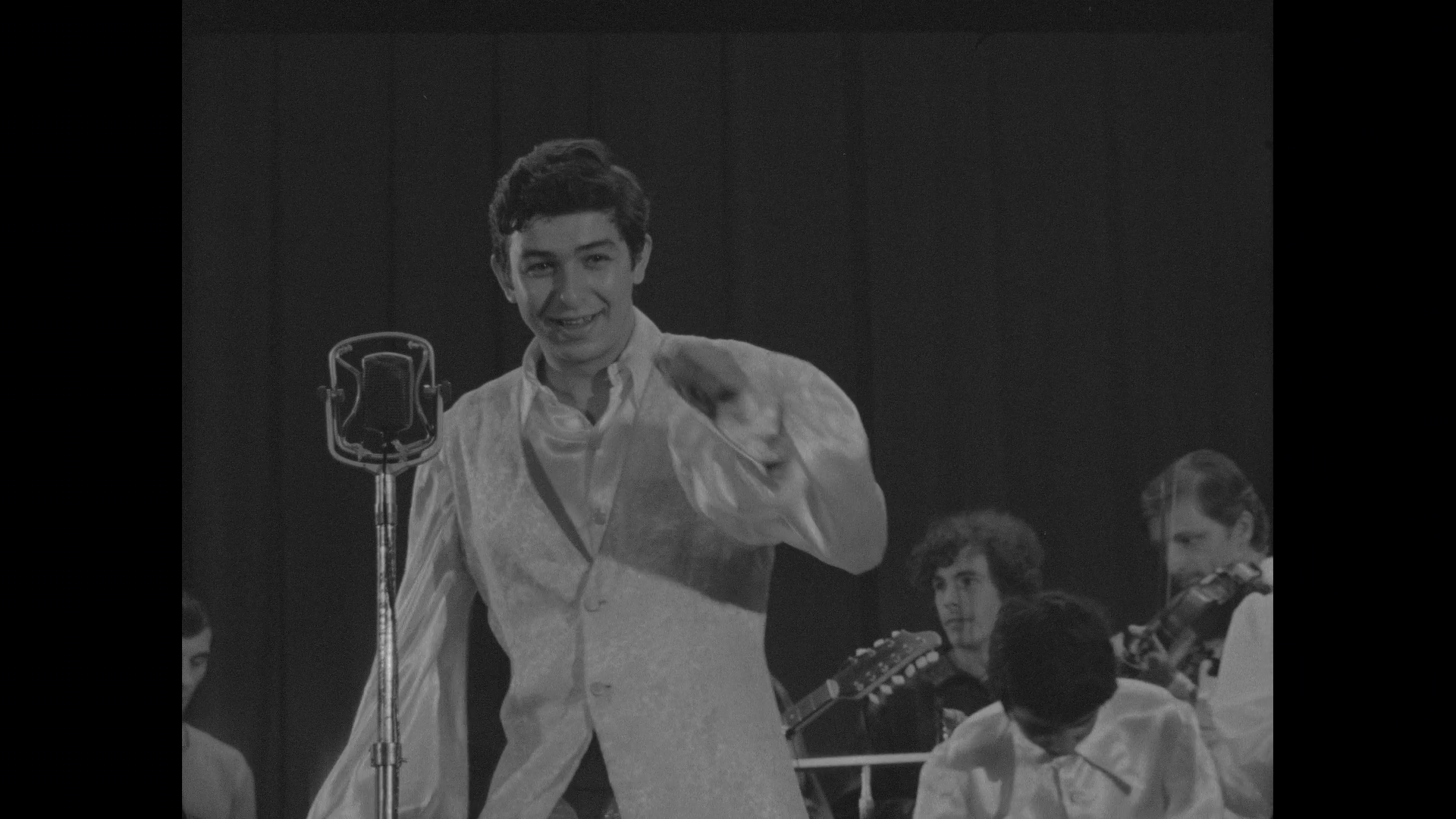
(2.6)
ADOPCJA
(ADOPTION)
ADOPCJA
(ADOPTION)
Technical details
Screenplay and direction: Mostafa Derkaoui
Duration: 4 min
Year: 1968
Film format: 35mm
Camera: Abdelkrim Derkaoui
Sound: Nikodem Wolk-Laniewski
Artistic advice: Kazimierz Karabasz, Jerzy Bossak
Production: PWSFTviT / documentary study
Synopsis
Agneska is a young black girl from the Lódź Centre for Mothers and Children. She was born to a Polish mother and Kenyan father, a medicine student. Who will want to adopt her?
WATCH THE FILM ︎






“Adoption was made in my second year. I had to make two shorts: one documentary and one fiction. My problem was that I didn’t speak Polish well and couldn’t read the newspapers. I could lie for the fiction film, but not for the documentary. The professor said to me, “People who lean towards documentary also invent. They’re filmmakers.” At that time, I was also very much influenced by phenomenology, Heidegger, and Husserl.
Then I came across an institution that cared for unwanted children. I asked its director if I could make a film about it without encroaching on people’s dignity. She told me, “What fascinates me about this business—she used that word—are the people who come here, as if it were a supermarket, and choose the child that suits them. The child they want has to resemble them.”
That’s how I found my subject. I said, “I have a subject. I want to make a film about Agneska.” “Why her?” “She’s Black, her mother had her with a medical student from Africa.” The little girl was three years old, tall, and very beautiful. “I’m going to stay just here, I’ll only film Agneska’s eyes, her gaze, and nothing else.” “Nothing else, you’re sure?” I asked two newly married friends [to play adoptive parents]. I wrote dialogue, they learned it, and once they spoke it the way I wanted, I did a technical take with Krimou and the sound engineer, who was also a teacher at Łódź, and then I took everyone to the orphanage and I filmed Agneska listening and watching the parents talk to each other. They talk about how beautiful and intelligent she is, how great she’s going to be. At the end, Jurek [the prospective father] says, “You’re not going to do this to me! Everyone will say that Jurek was duped by Marysia.” And they leave, and I stay on Agneska and the credits roll. One evening, Jurek and Marysia invited us to their house for dinner. And there we found Agneska, at their place. They’d adopted her.
But I must tell you, the school disapproved of the film. They were afraid it would convey a racist image of Poland.”
Copyright © 2020 / Léa Morin — CINIMA3 / Talitha
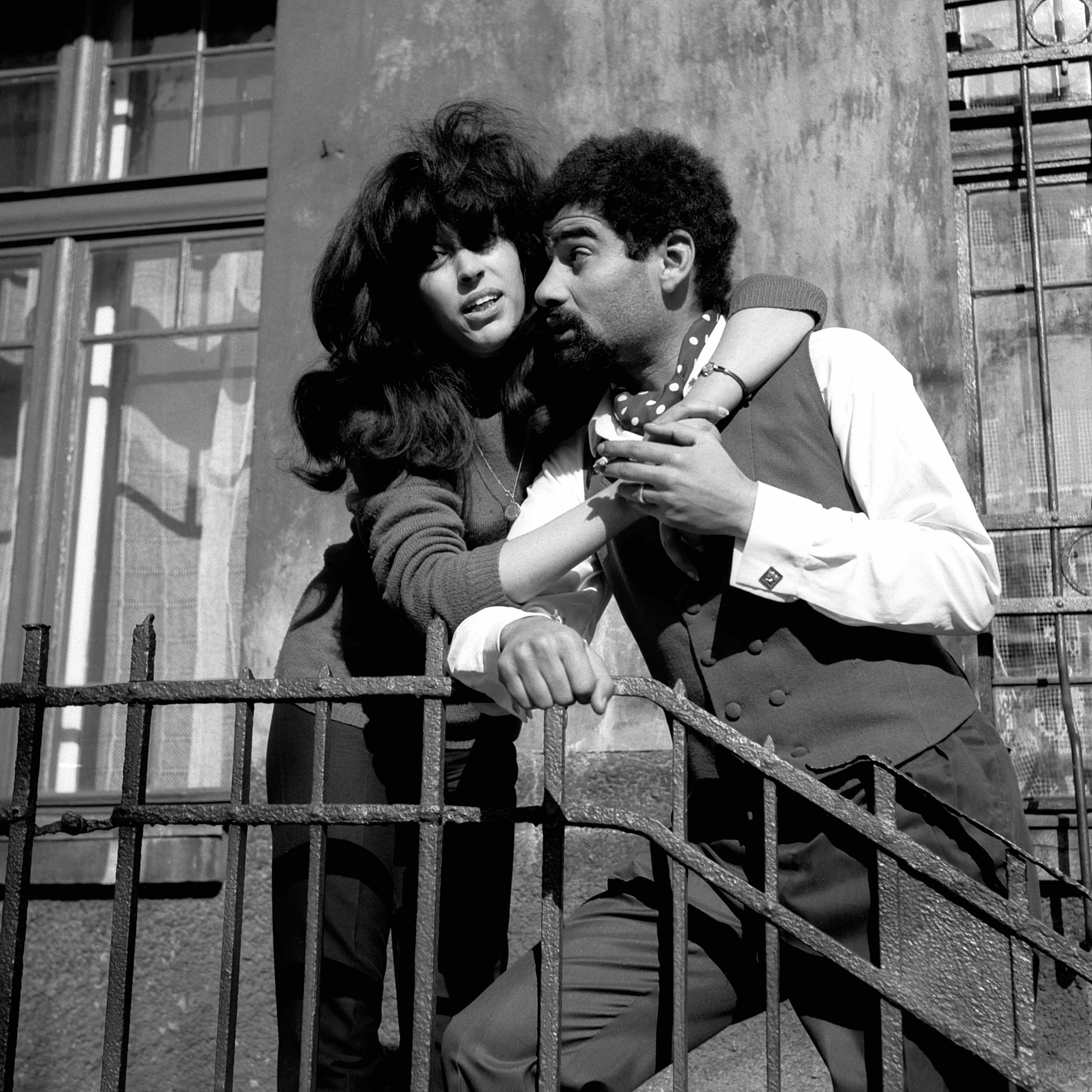 2.1
2.1 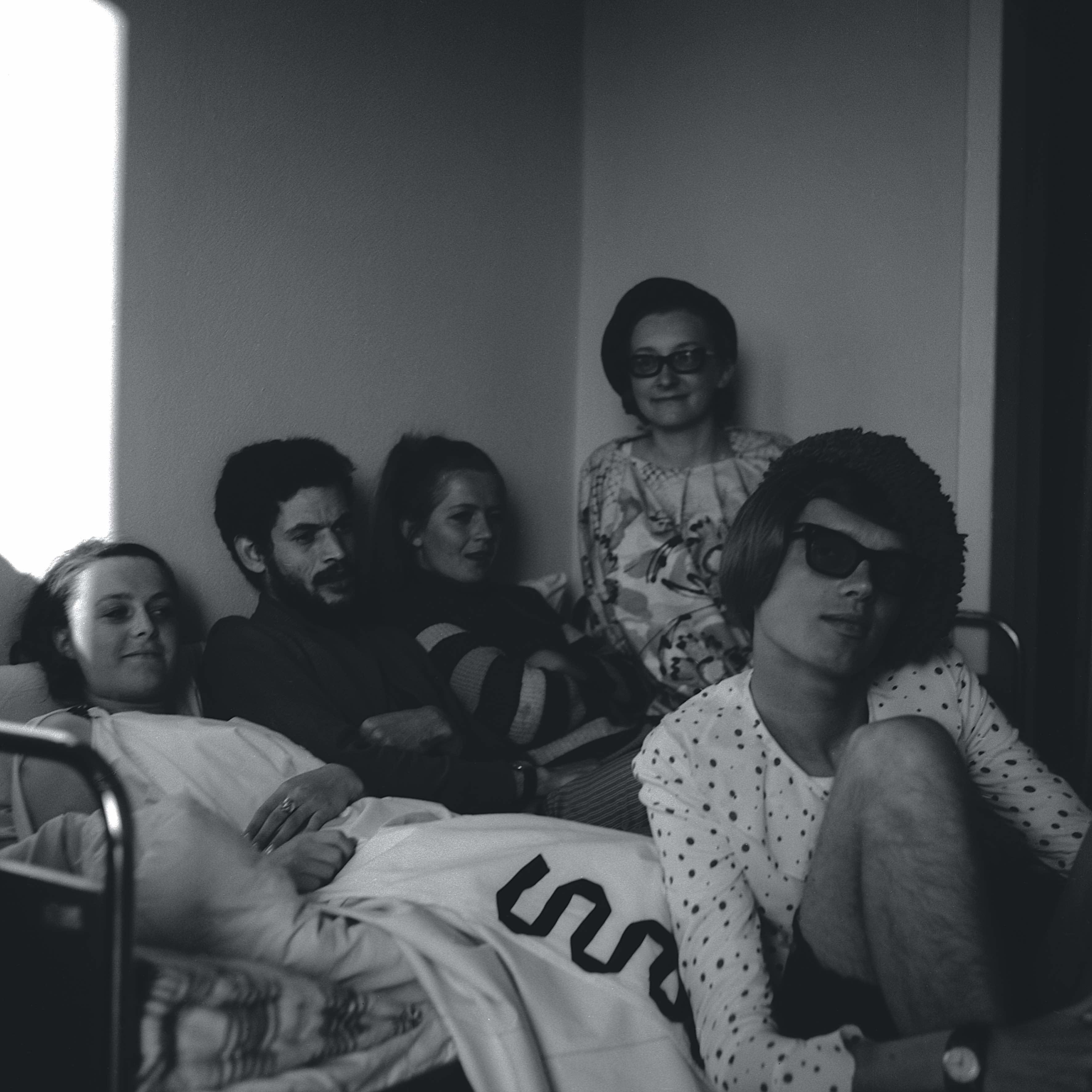
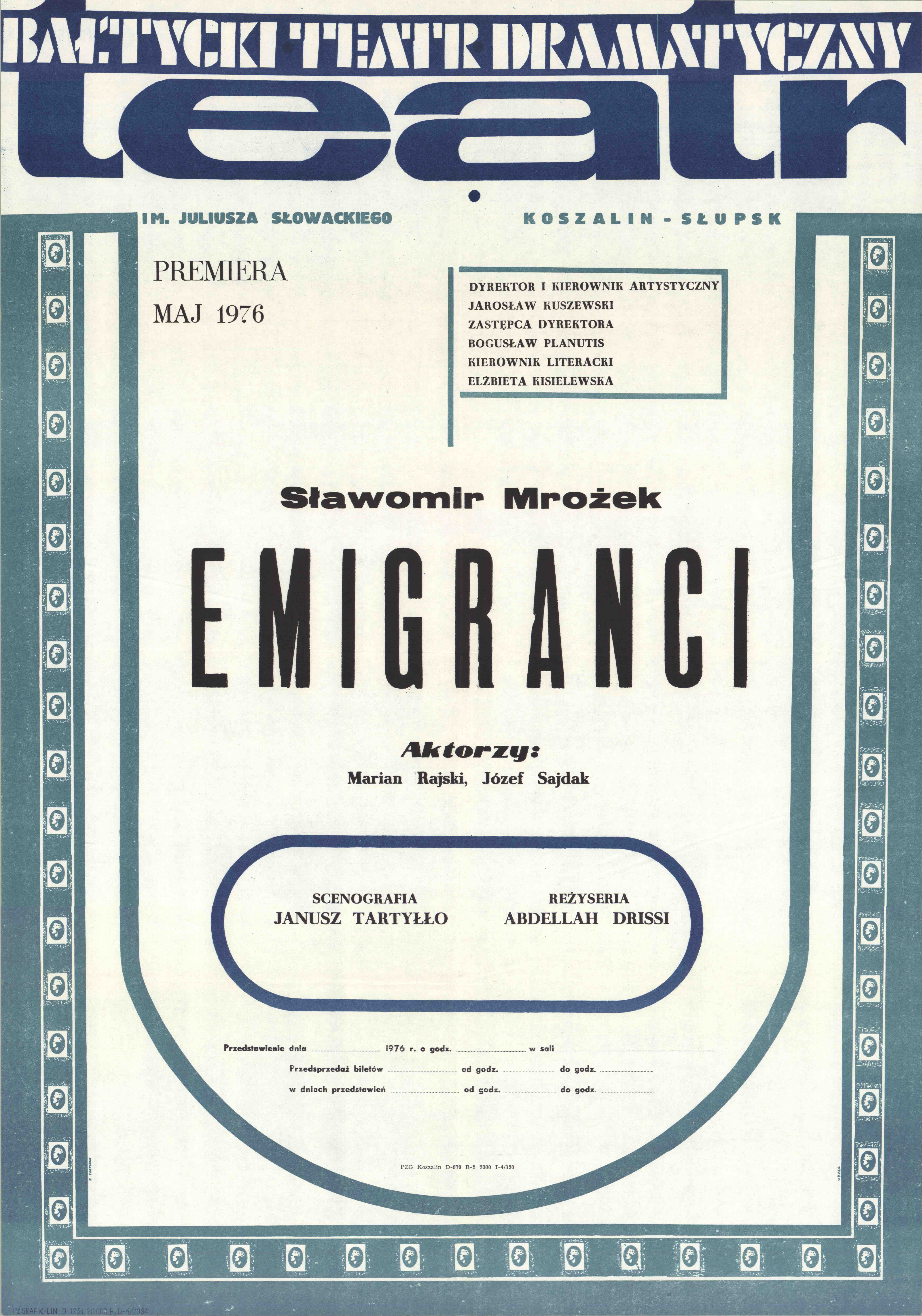

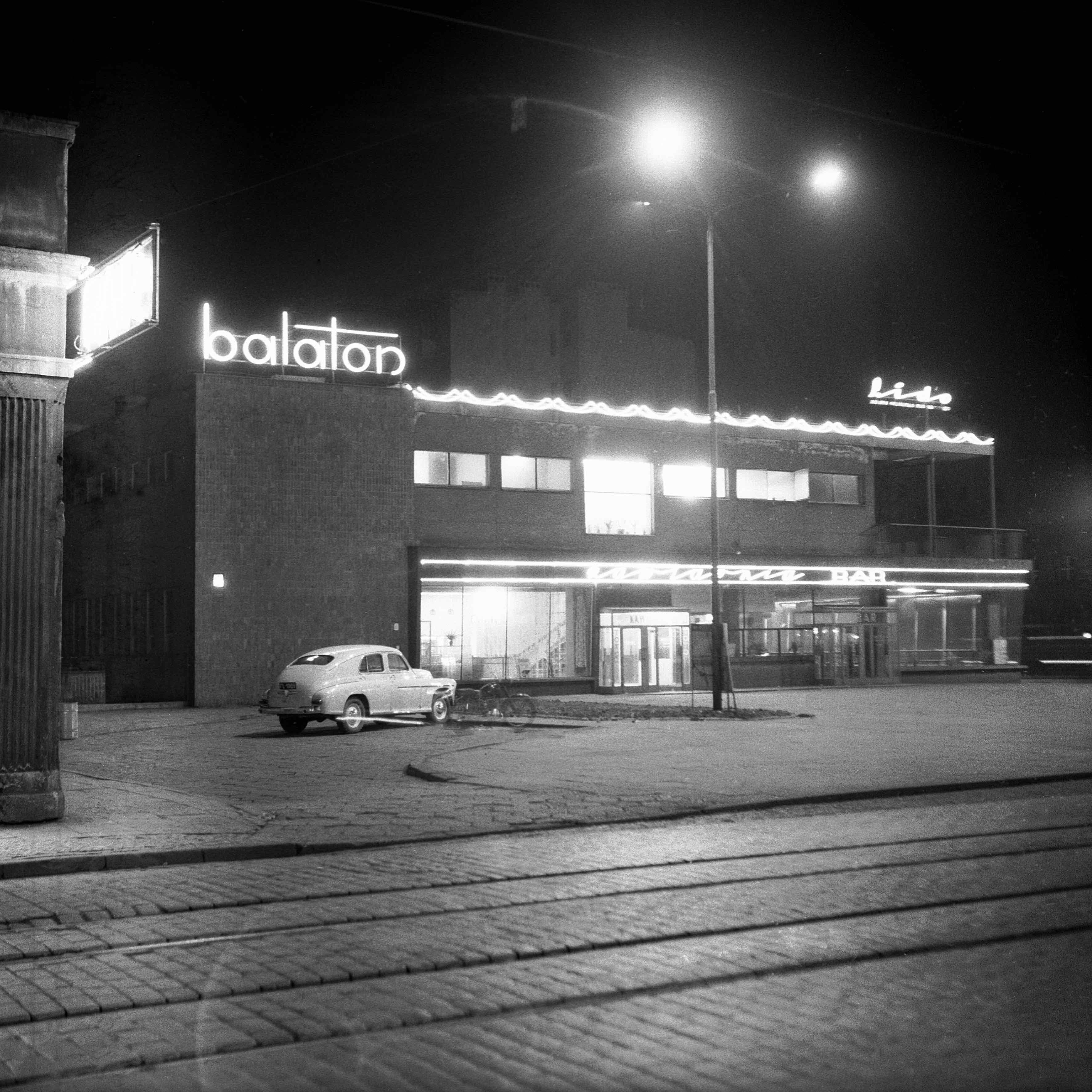
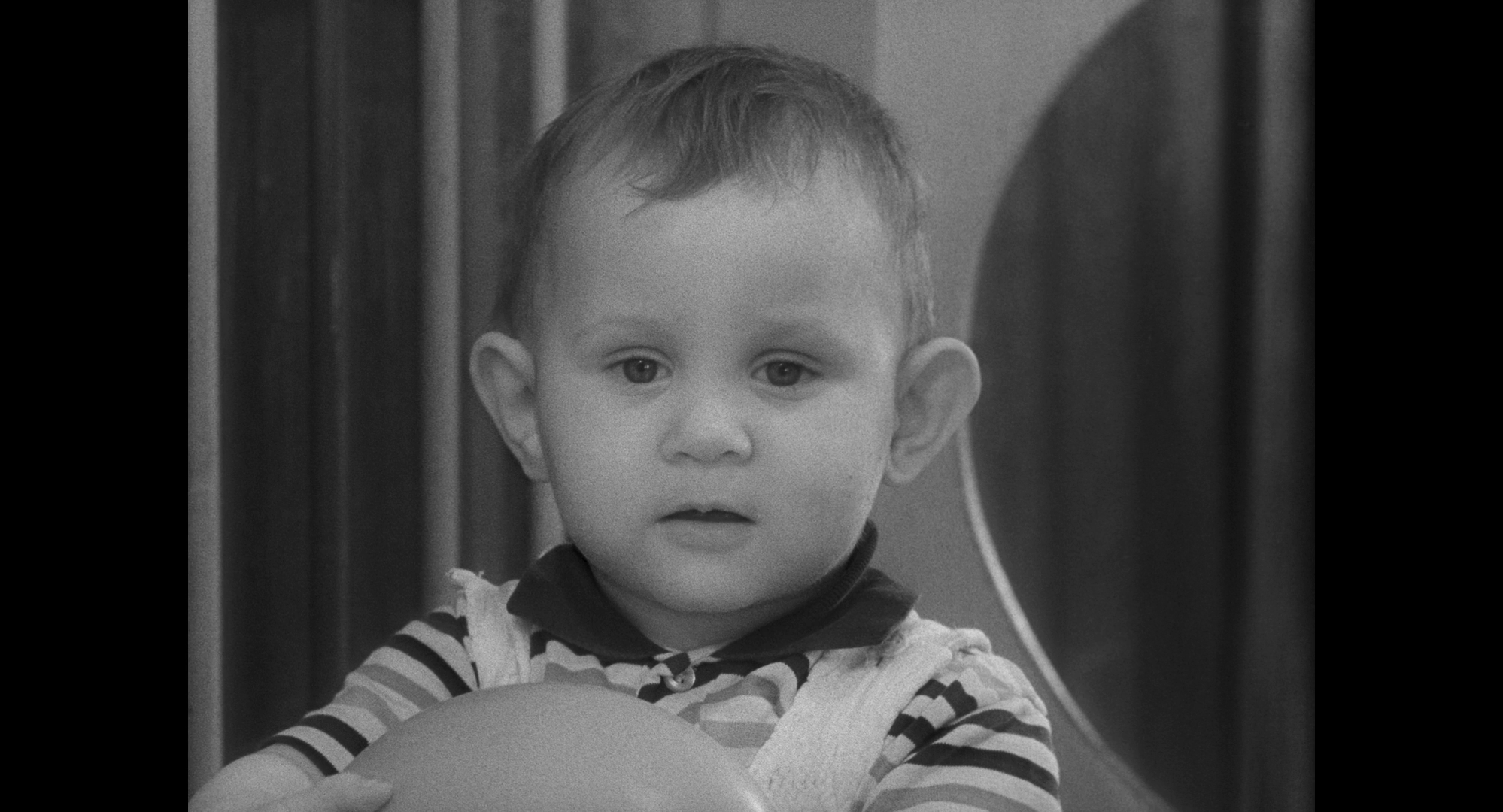
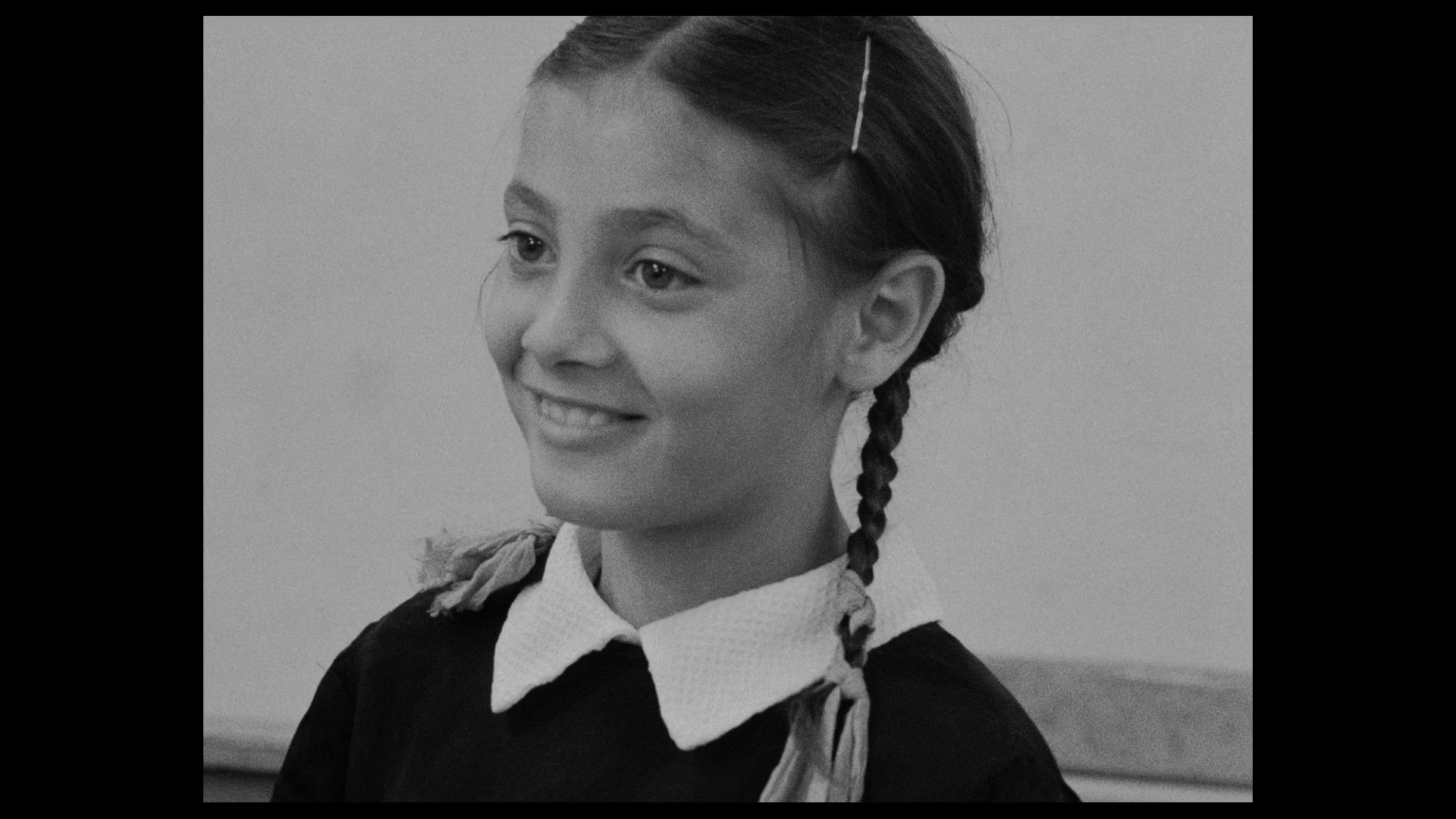 2.7
2.7 